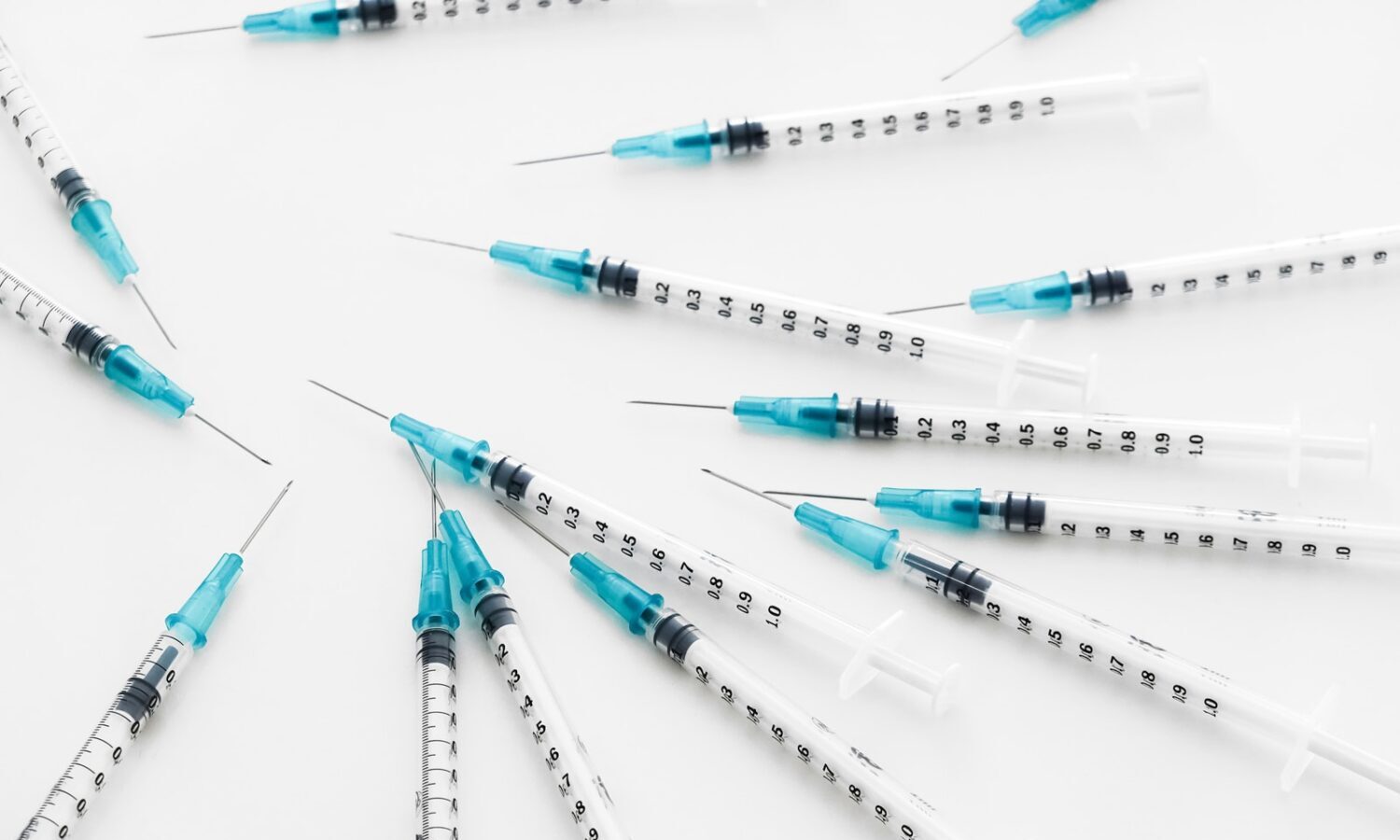COVID-19 boosters show no sign of stopping. Here’s what researchers know in terms of the effects of repeated vaccination.
Federal authorities have approved a second COVID-19 booster following full immunization, totaling four shots. These immunizations were approved for people over the age of 50 or who have underlying health conditions.
If you’ve been keeping track of boosters, you’ll realize that the time between each shot has been getting shorter, from the predicted initial eight months to now four months.
Can you have too many boosters in your body? Will they become harmful at some point?

RELATED: The Length Of This Body Part Could Impact Your COVID-19 Symptoms
Researchers don’t have enough evidence to know what will happen if we continue to get boosters, but most think that it’s unlikely for there to be significant negative side effects. Still, there are some issues that could pop up.
In a news briefing, the Head of Vaccines Strategy of the European Medicines Agency Marco Caliveri said that taking boosters every four months might compromise immune response. “We are rather concerned about a strategy that entangles repeated vaccination within a short term. We cannot really continuously give a booster dose every 3 or 4 months,” he said.
Studies on viruses like HIV show that T cells, which are responsible for protecting the body, become dysfunctional when they’re exposed repeatedly to the same virus. Still, some researchers don’t think this is the case with COVID-19.
“T cells become dysfunctional when they repeatedly see antigen in certain contexts,” said Dr. Sarah Fortune, professor at Harvard University. She makes it clear that HIV is different than COVID-19; in the case of the latter, people’s bodies are exposed to the virus occasionally, when they get their shots or by catching the disease. This situation is different than HIV, where the virus lives in people’s bodies over prolonged periods of time, thus damaging the T cells.
RELATED: Why COVID-19 Sometimes Causes This Unexpected Side Effect
Currently, the CDC recommends a booster at least 5 months after the last previous dose. Those who are immunocompromised or over a certain age can get their shots four months after their last dose.
The rise of the Omicron variant is largely responsible for new waves of boosters. While the booster is perfectly equipped to handle previous variants, Omicron is just different enough to sneak past a relatively protected immune system. With there being a new Omicron variant in the mix (BA.2), we’ll just have to wait and see how the virus reacts and whether or not infection rates skyrocket, prompting responsible authorities to campaign for more boosters.


